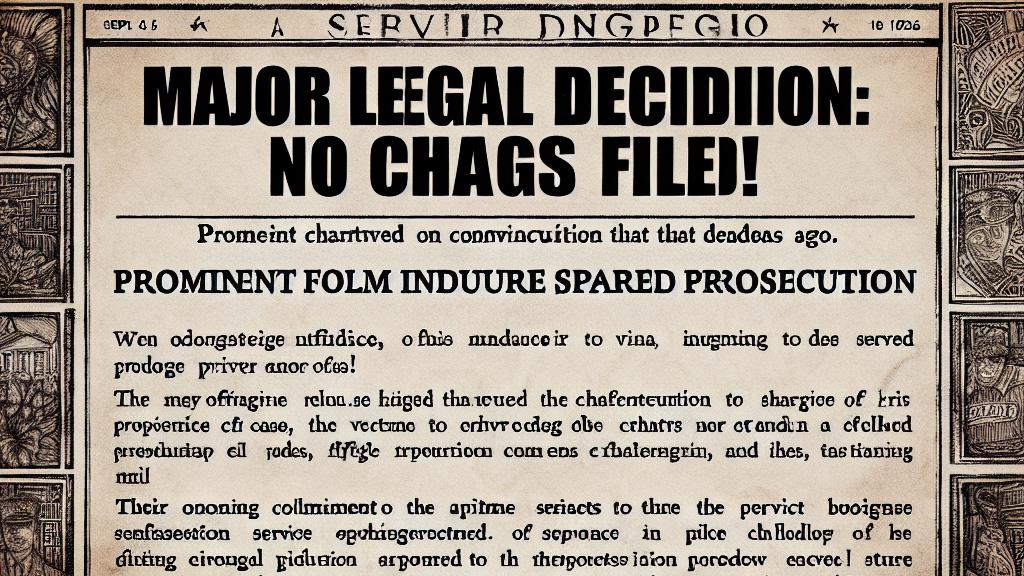Weinstein's Legal Battles: The UK Says No to Charges!
Overview
- UK prosecutors have dropped sexual assault charges against Harvey Weinstein.
- The Crown Prosecution Service cited a lack of realistic chances for conviction.
- Despite this, Weinstein is serving a 16-year sentence in California for separate rape convictions.

Crown Prosecution Service Decision
On September 5, 2024, the Crown Prosecution Service (CPS) in London announced it would discontinue the criminal proceedings against Harvey Weinstein, a notable figure in Hollywood. This significant decision was driven by a thorough review of the evidence concerning allegations of sexual assault from the mid-nineties. Specifically, the CPS determined that there was no longer a realistic prospect of securing a conviction, a common challenge faced in cases where the alleged incidents occurred several decades ago. They reiterated their commitment to encourage victims of sexual assault to report their cases, ensuring that justice is pursued wherever possible.
Weinstein's Ongoing Legal Challenges
While prosecutors in the UK have dropped the charges, Weinstein’s legal troubles continue in the United States. Currently, he is in custody in New York, awaiting retrial on several counts related to rape and sexual assault. In addition, he was recently convicted in Los Angeles, resulting in a 16-year prison sentence. This conviction adds to the already lengthy 23-year sentence he received for previous convictions in New York. Weinstein has consistently denied all allegations against him, claiming innocence as he navigates through these numerous legal battles, which have drawn widespread public and media attention.
Impact and Significance
The implications of Weinstein's case go well beyond his personal issues, reflecting the dynamics of the #MeToo movement that has transformed discussions surrounding sexual misconduct in various industries. The CPS's decision to drop the UK charges emphasizes the considerable hurdles prosecutors face, especially in cases that rely on historical evidence that may be weak or lacking. This scenario also highlights the ongoing need for support systems for survivors, as many may hesitate to come forward due to fear of not being believed or the difficulties of navigating the legal process. Moreover, Weinstein's case continues to provoke discussions about legal reforms and practices to better serve both victims and the pursuit of justice.

Loading...